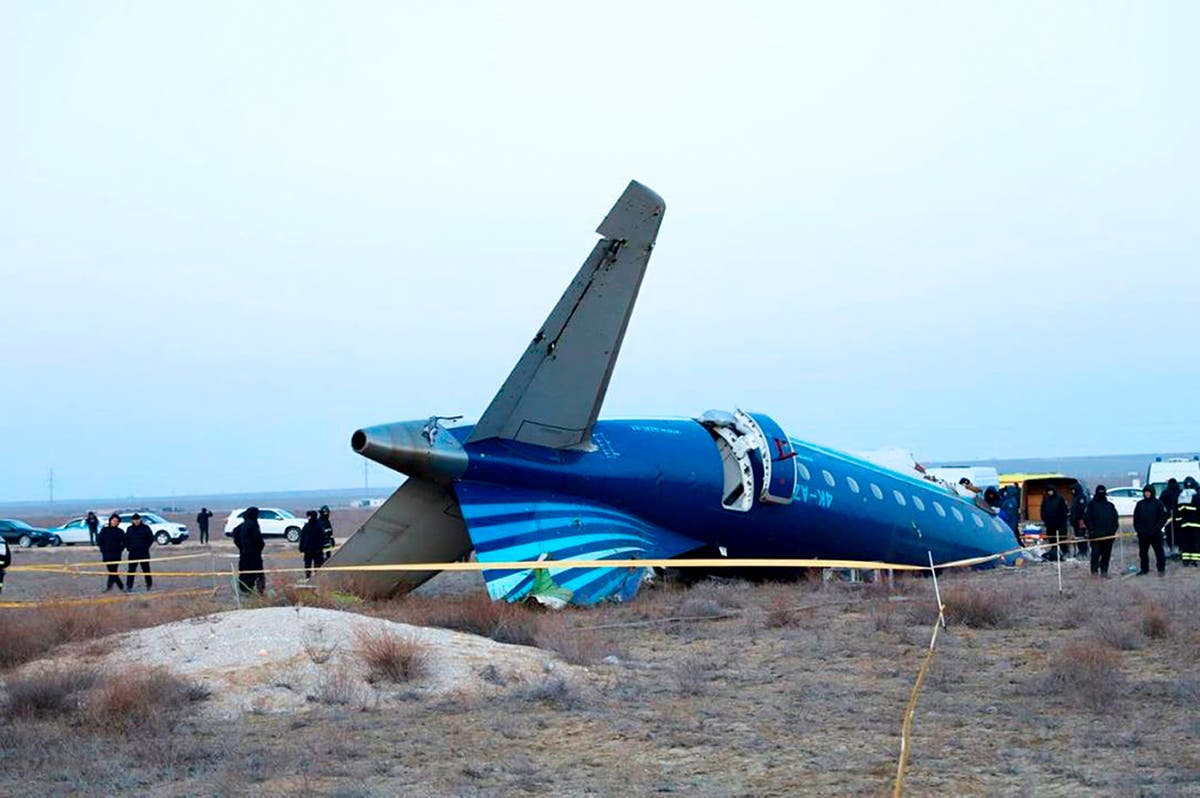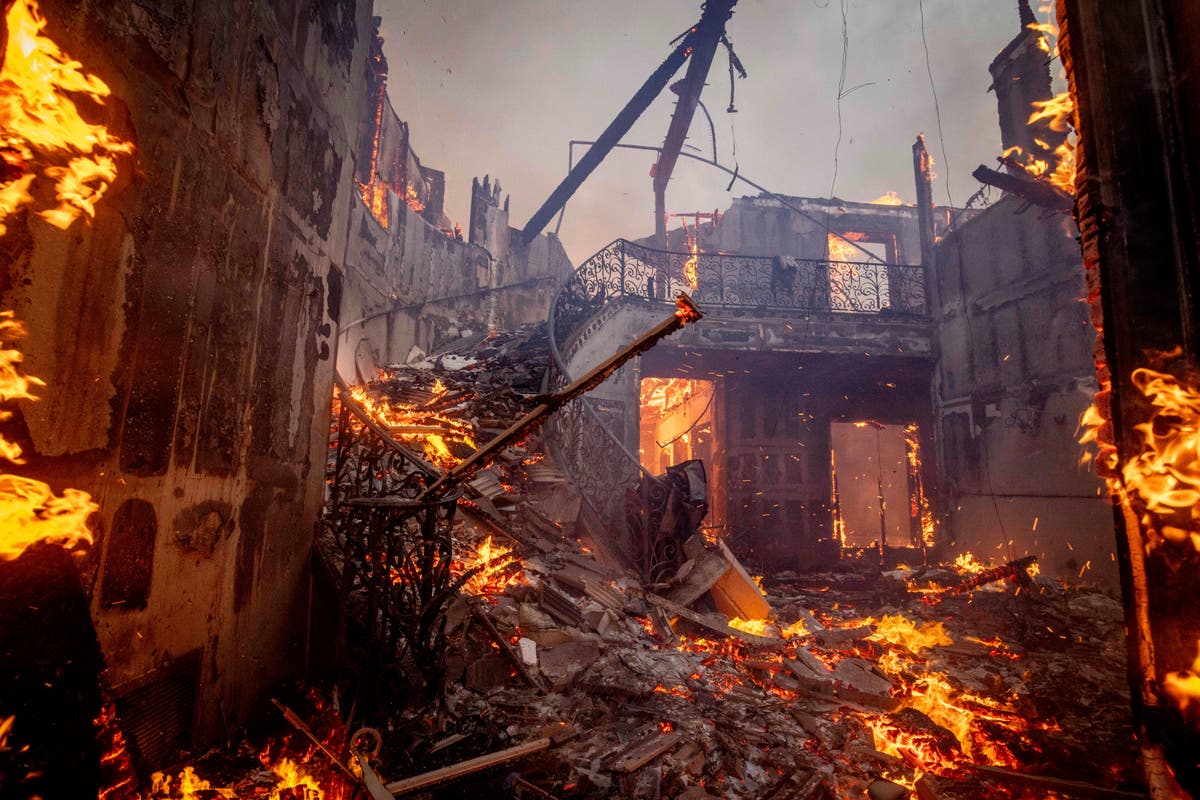A recent plane crash in Kazakhstan, which claimed the lives of 38 people, is under intense scrutiny amid claims that a Russian air defense system may have been responsible. The incident, which occurred on Christmas Day, has triggered a complex investigation involving multiple nations and a growing debate over its cause.
Initial reports suggest the Azerbaijan Airlines flight, an Embraer 190, was en route to Grozny, Russia, but diverted before crashing near Aktau, Kazakhstan. Sources close to the Azerbaijani investigation have cited evidence suggesting a Russian Pantsir-S air defense system may have been involved. This claim is based on the plane's communications being disrupted by electronic warfare systems and the damage pattern observed on the wreckage.
However, Moscow has dismissed these initial assertions as speculation, emphasizing the need to await the results of a thorough investigation. Russian authorities have stated that the flight rerouted due to poor weather conditions and claimed that the pilot chose to land in Kazakhstan after being offered alternative airports.
Survivor accounts offer a different perspective. One passenger described hearing a loud bang and feeling the plane acting "drunk" before the crash, further fueling speculation about an external cause. Aviation experts who have analyzed photos of the crash site suggest a surface-to-air missile (SAM) was likely involved, placing the probability of such an attack "well into the 90-99% bracket.”
The incident has drawn comparisons to the 2014 downing of Malaysian Airlines Flight MH17 over Ukraine. Similar to the MH17 case, which was caused by a pro-Russian missile, the latest crash has prompted questions about the potential misuse of air defense systems in a region with ongoing geopolitical tensions.
Despite the growing evidence suggesting a missile strike, official confirmation remains pending. Azerbaijani officials have acknowledged the potential for "external and technical interference" but have cautioned against speculation pending the final investigation findings. However, pressure is mounting from Azerbaijani lawmakers who demand an apology and criminal charges should the missile strike be officially confirmed.
The investigation is ongoing, with authorities in Azerbaijan, Kazakhstan, and Russia actively participating. The outcome of this investigation will be crucial in determining the cause of the crash and its potential implications for international relations in the region.







